Europe
From the fall of Napoleon to Revolution in Russia and from the rise of Hitler to the fall of the Berlin Wall this period is one of major upheaval in Europe. We see the collapse of monarchies and empires and the changing status of women and working men. This is a time that witnesses the mass displacement of peoples and genocide on a scale never seen before it is also a time that sees changes in medicine and technology that make fundamental changes to our everyday lives. Read more
Sort by:
Date (Newest first) | Title A-Z
Show:
All |
Articles |
Podcasts |
Multipage Articles
-

TV: modern father of history?
ArticleClick to view -
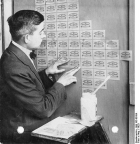
Taking tea with Frau von Papen
ArticleClick to view -
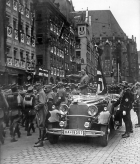
The 'Era of the Dictators' Reconsidered
ArticleClick to view -

The Battle of Waterloo: Sunday 18 June 1815
ArticleClick to view -

The British Union of Fascists: the international dimension
ArticleClick to view -
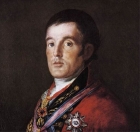
The British soldier in the Revolutionary and Napoleonic wars
ArticleClick to view -

The Centenary of the First World War: An unpopular view
ArticleClick to view -
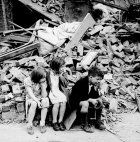
The Coming of War in 1939
ArticleClick to view -
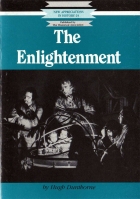
The Enlightenment
ArticleClick to view -
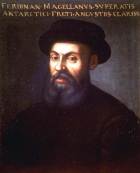
The Great Powers in the Pacific
ArticleClick to view -
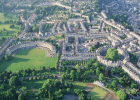
The Great Spa Towns of Europe: a UNESCO World Heritage Site
ArticleClick to view -

The Last Duke of Lorraine
ArticleClick to view -
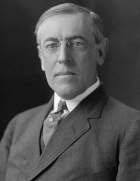
The League of Nations
ArticleClick to view -

The Migration of Indians to Guiana and Surinam
ArticleClick to view -

The Military Historian and the Popular Image of the Western Front, 1914-1918
ArticleClick to view -
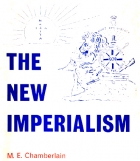
The New Imperialism
ArticleClick to view -

The Origins of the First World War
ArticleClick to view -
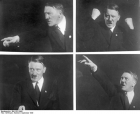
The Origins of the Second Great War
ArticleClick to view -
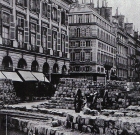
The Paris Commune of 1871
ArticleClick to view -

The Resistable Rise of Napoleon Bonaparte
ArticleClick to view

